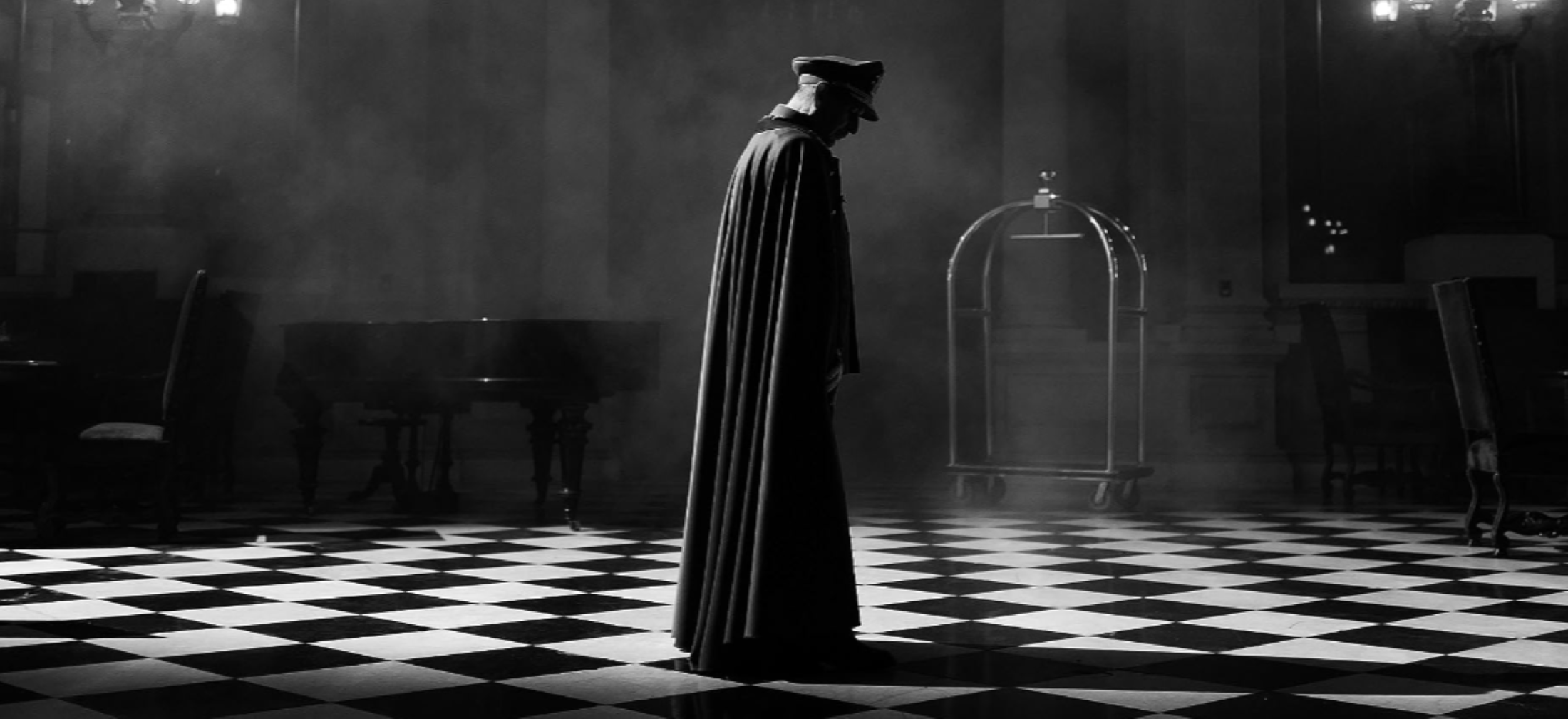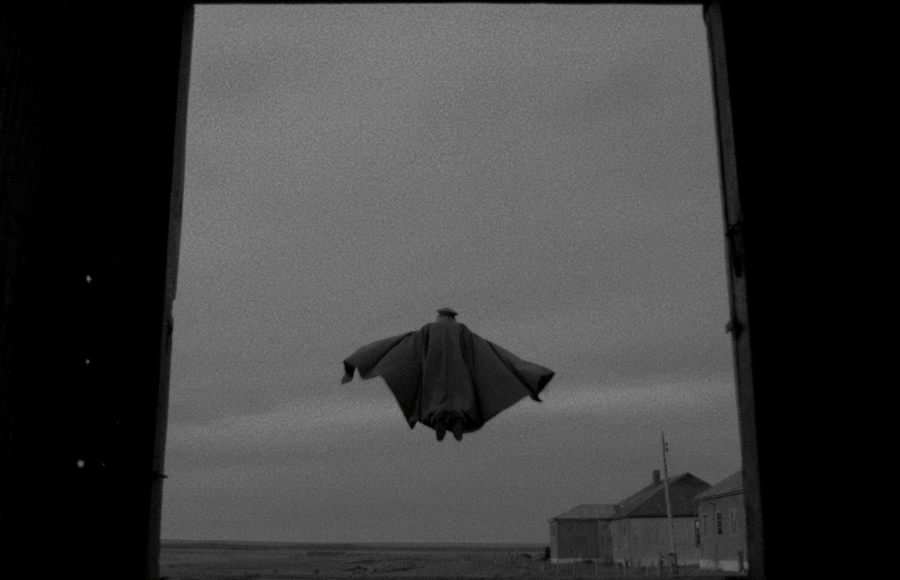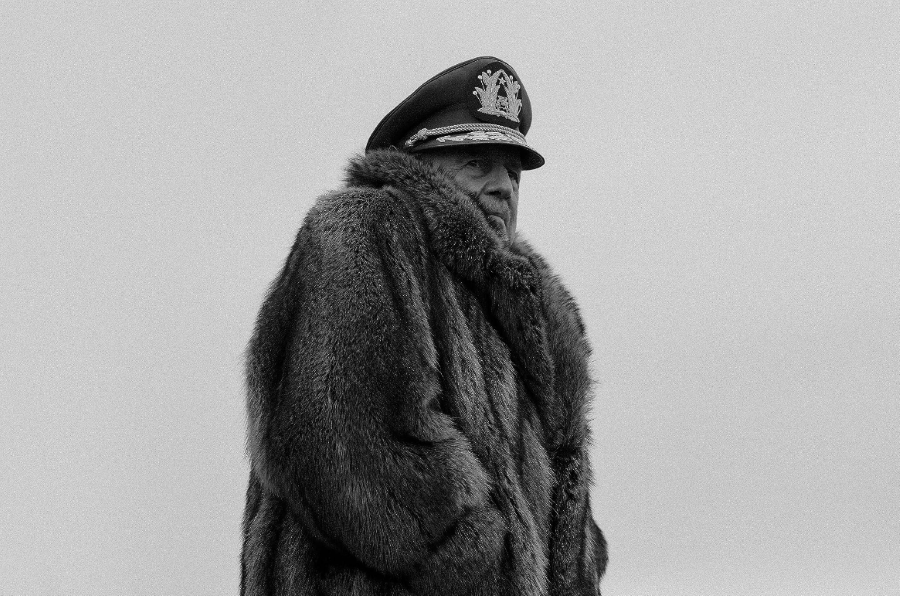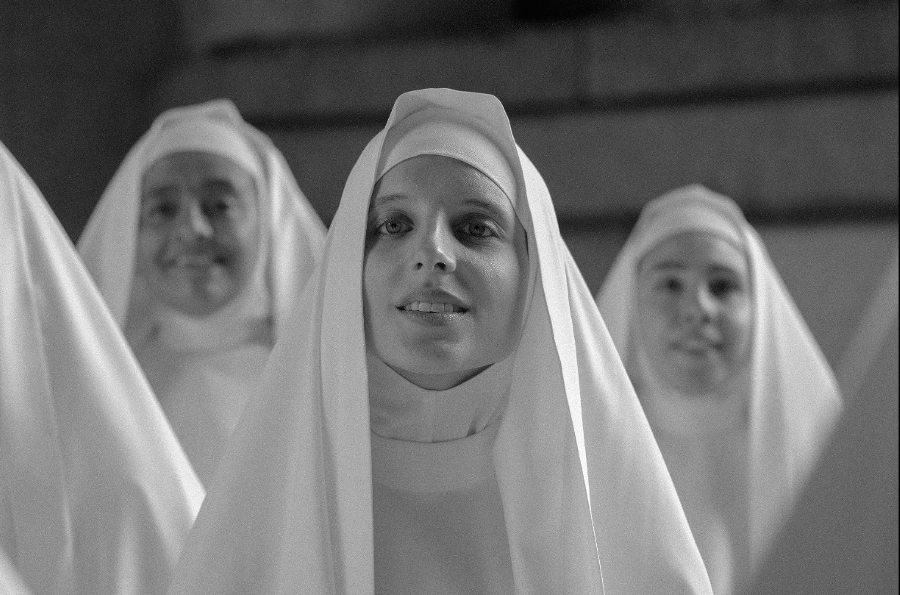
Review of El Conde — Pablo Larraín's portrayal of Pinochet as a vampire
The essence of a vampire's freedom hinges upon its capacity to hunt and consume. Its emancipation from its conscience, in the pursuit of self-preservation, stands as a major driving force behind this mythical creature. Despite the portrayal of vampires in folklore as formidable, powerful beings, they carry a profound burden in reality — living as parasites. This parasitic existence, centered solely on consumption, is at the core of the vampiric lifestyle.
This overarching theme serves as the foundation of 'El Conde,' a 2023 dark comedy by the Oscar-nominated director, Pablo Larraín. The film premiered at the 80th Venice Festival, where it earned the prestigious prize for Best Screenplay. 'El Conde' weaves a fictional narrative around a character inspired by the Chilean dictator, Augusto Pinochet, played by Jaime Vadell, and portrays him as a vampire who has endured for 250 years and harbors an aversion to the prospect of another 250. In his quest for mortality, Pinochet is confronted by his offspring and the reawakening of emotions that might breathe new life into the dictator.
 Jaime Vadell in El Conde © IMDb
Jaime Vadell in El Conde © IMDbA life of a vampire
‘El Conde’ starts with the backstory of Pinochet, initially introduced as a soldier in Louis XVI's army, under the name Claude Pinoche. His origins trace back to an orphanage where Pinochet spent his childhood, unaware of who his parents were.
Following the events of the French Revolution and the execution of the Queen, Pinoche opted for self-preservation, assuming a new identity aligned with the victorious revolutionary forces. Nevertheless, an enduring fascination with monarchs and those wielding absolute power persisted throughout his life. His unceasing aspiration to attain such authority found its opportunity in Chile, where circumstances were conducive to realizing his ambition. Seizing the moment, he played a pivotal role in a military coup, toppling a democratically elected government and ascending to the pinnacle of power. However, his ruthless and oppressive regime eventually led to his downfall, compelling Pinochet to stage his own death and retreat to the countryside with his wife.
 Jaime Vadell in El Conde © 2023 Netflix, Inc., IMDb
Jaime Vadell in El Conde © 2023 Netflix, Inc., IMDbThe story of the vampire in ‘El Conde’ develops in the countryside, where Pinochet spends his days waiting for death, in the company of his wife, Lucía (Gloria Münchmeyer), and his loyal servant, Fyodor (Alfredo Castro). The story takes an unexpected turn when Pinochet's five adult children arrive at his house to claim their share of his fortune. Simultaneously, the church sends Carmen (Paula Luchsinger), a youthful and striking nun bearing an uncanny resemblance to Joan of Arc, to purge Pinochet's spirit and perform an exorcism. Disguised as an accountant, she enters the household, instigating considerable chaos within the family dynamics.
By following the stories of a dictator, his family, and servants, the film immerses viewers in a world fraught with political games, all the while exploring the exploitative nature of ideology and authoritarianism. To fully grasp the film's thematic depth, it is important to understand the historical background of Pinochet's rule.
 Paula Luchsinger in El Conde © 2023 Netflix, Inc., IMDb
Paula Luchsinger in El Conde © 2023 Netflix, Inc., IMDbHistorical background and the story of Pinochet
In 1973, a military coup in Chile saw the overthrow of the democratically elected socialist government under President Salvador Allende. This coup was led by the grand general Augusto Pinochet, a betrayal that culminated in Allende's suicide and changed the fate of every Chilean. Subsequently, Pinochet assumed sole control of the nation, instituting a regime responsible for the death, torture, imprisonment, and disappearance of tens of thousands of people. Pinochet justified the repression as a necessary measure to safeguard the country from communism. In his quest to eradicate communist influence, Pinochet amassed significant wealth and power, ultimately ruling Chile for a period spanning 17 years. Pinochet and his family later faced legal consequences for their involvement with terrorist organizations, as well as a range of fraudulent, corrupt, and embezzlement activities.
There is a lot of historical material to cover about the life of Pinochet, however, ‘El Conde’ takes a narrative divergence, portraying him as a vampire whose origin story dates back to the times of the French Revolution. Through this cinematic lens, the director shifts the attention away from the individual horrors wrought by Pinochet's leadership and, instead, prompts contemplation on the profound influence of ideology. ‘El Conde’ is a perfect film to understand that ideologies transcend the mere mention of names and individuals, encompassing the entirety of human history rather than a singular episode. To truly grasp the mindset of a dictator, a deep exploration into their past and the genesis of their convictions becomes imperative, as these beliefs endure indefinitely, reemerging across different historical epochs.
Starting the origin story from France, where the first great ‘Bourgeois’ revolution took place, the director traces the vampirism of Pinochet, who is himself Capital personified, to the first great political eruption of Capitalism.
Regenerative power of ideology
The obsession with historical figures from the past and the longing to attain their level of absolute power torment the 250-year-old Pinochet throughout ‘El Conde’. However, the film also underscores that this suffering isn't limited to an elderly vampire but extends to those grappling with their own mortality in the face of impending death. Notably, Pinochet refrains from turning his wife or any of his five children into vampires, reserving this fate for Fyodor, his lifelong servant.
At its core, ‘El Conde’ is a dark comedy that navigates intricate issues perpetually susceptible to simplistic portrayals, yet Larraín adeptly steers clear of such pitfalls. Employing gothic cinematography by Edward Lachman, haunting imagery, chilling locations, and strategically positioned narrative probes, ‘El Conde’ masterfully portrays the aftermath of revolution and its failure, brought by opportunism.
With a satirical approach, Larraín managed to capture the essence of the parasites of history, who cannot be killed, as they always find a means to resurface and continue the unbroken circle. The film clearly draws an image of the consequences of political blindness, and the selfish nature of parasites. As Karl Marx wrote in Das Kapital, they
exist only by sucking the life out of living labor, and thrive the more they feed.
Discover more captivating films as an Art de Vivre subscriber such as ‘Everything Everywhere All at Once’.
Credits for the Main photo: El Conde © 2023 Netflix, Inc., IMDb
